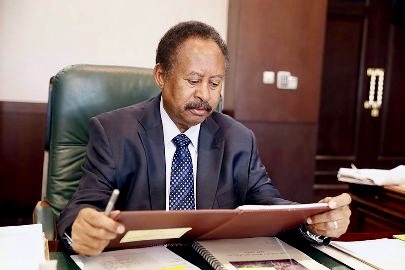Leaked peace proposal sparks controversy over calls for immunity
27 March 2024
Last week a political proposal to end Sudan’s near year-long war was leaked to the press. The author is allegedly the former premier, Dr Abdallah Hamdok, and the current head of the Sudanese Coordination of Civil Democratic Forces (or Tagaddum -meaning “progress” in Arabic) -a claim Hamdok flatly denies.
The proposal, entitled “To End the War and Establish the Sudanese State”, provided legal immunity for the two military leaders in Sudan’s current war and the opportunity to seek political office in the next general elections.
A war of political and economic domination between Sudan’s army under Lt.-Gen. Abdelfattah al Burhan and the paramilitary Rapid Support Forces (RSF) under Mohamed Hamdan Dagalo (better known by his nickname “Hemedti”) have nearly reached a year now. There have been five regional and international peace mediation efforts since the outbreak of the conflict in mid-April last year -none have proven successful. Observers say this latest proposal is similar to a January agreement signed in the Bahraini capital, Manama, between the deputy commanders of both warring parties.
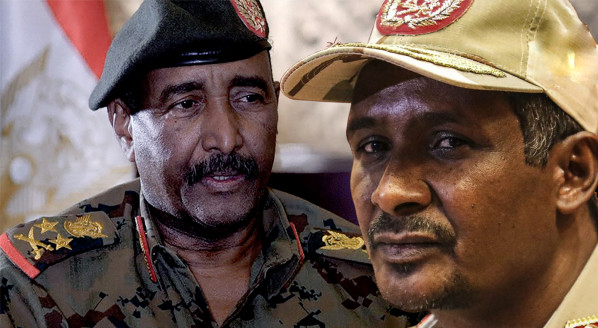
The leaked proposal
The document proposed a ceasefire arrangement for a 60-day period that would be extended based on mutual consent from the warring parties. From there, a political dialogue would take place involving all actors except for the Islamists and their allies from the former regime, the National Congress Party. After that, the leaked document proposed developing a five-year transitional period, followed by elections.
While the document’s proposed roadmap to general elections has not raised eyebrows, its suggested immunity to the military leaders has garnered considerable protest among politicians and civilians alike –not least providing the generals the opportunity to run for office within five years.
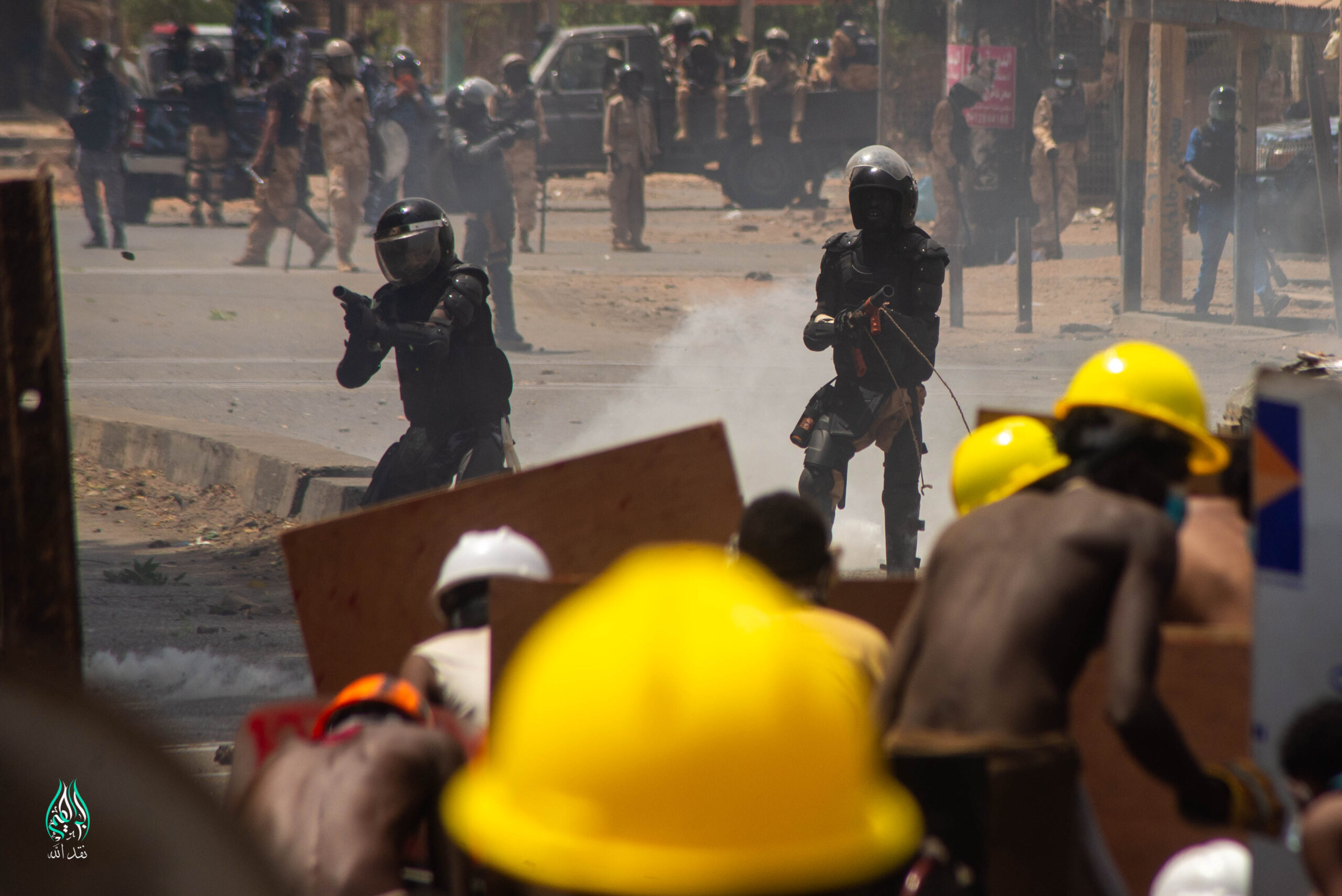
Cycle of impunity
“Granting immunity for the two generals is a historical mistake and the Sudanese people will not forget it,” says Ali Saeed, a member of the central bureau of the Sudanese Communist Party. “How can you grant immunity when thousands have been killed and hundreds subjected to sexual assault?”
To Abdel Quddus Ahmed, a member of the Karari Resistance Committee, a youth-driven initiative that orchestrated Sudan’s pro-democracy movement and is now voluntarily supporting war-affected civilians, finds the leaked document insulting to the sacrifices the committees have made for the country. “Those who authored the document are not representative of the people, whether they’re from the leadership of the army or the Rapid Support Forces, or certain politicians claiming to speak on behalf of our people,” he told Ayin. “None of these parties show any enthusiasm for the revolution.”
Quddus participated in the massive sit-in that took place in front of the Republican Palace in the capital, Khartoum, that helped ouster former president Omar al-Bashir in April 2019. In June of that same year, security forces led by the RSF brutally dispersed the sit-in, killing over 100 civilians in the process. Quddus was severely injured in these attacks, suffering from a broken collarbone and cracked ribs. He has not forgotten nor forgiven the perpetrators of this heinous crime.
“Justice is a fundamental element of the Sudanese revolution, this latest agreement lacks this and holds no real foundation,” Quddus added. “It’s just ink on paper.” According to Quddus, Article 186 of Sudan’s criminal law should be utilised against the military leaders who instigated the current war. “At the very least, there could be conditional amnesty under Article 186, where the criminal would undergo a fair trial, confess to their crimes, be removed from their position, banned from any political activity, and their crime assets seized and redistributed to the victims and stakeholders.”
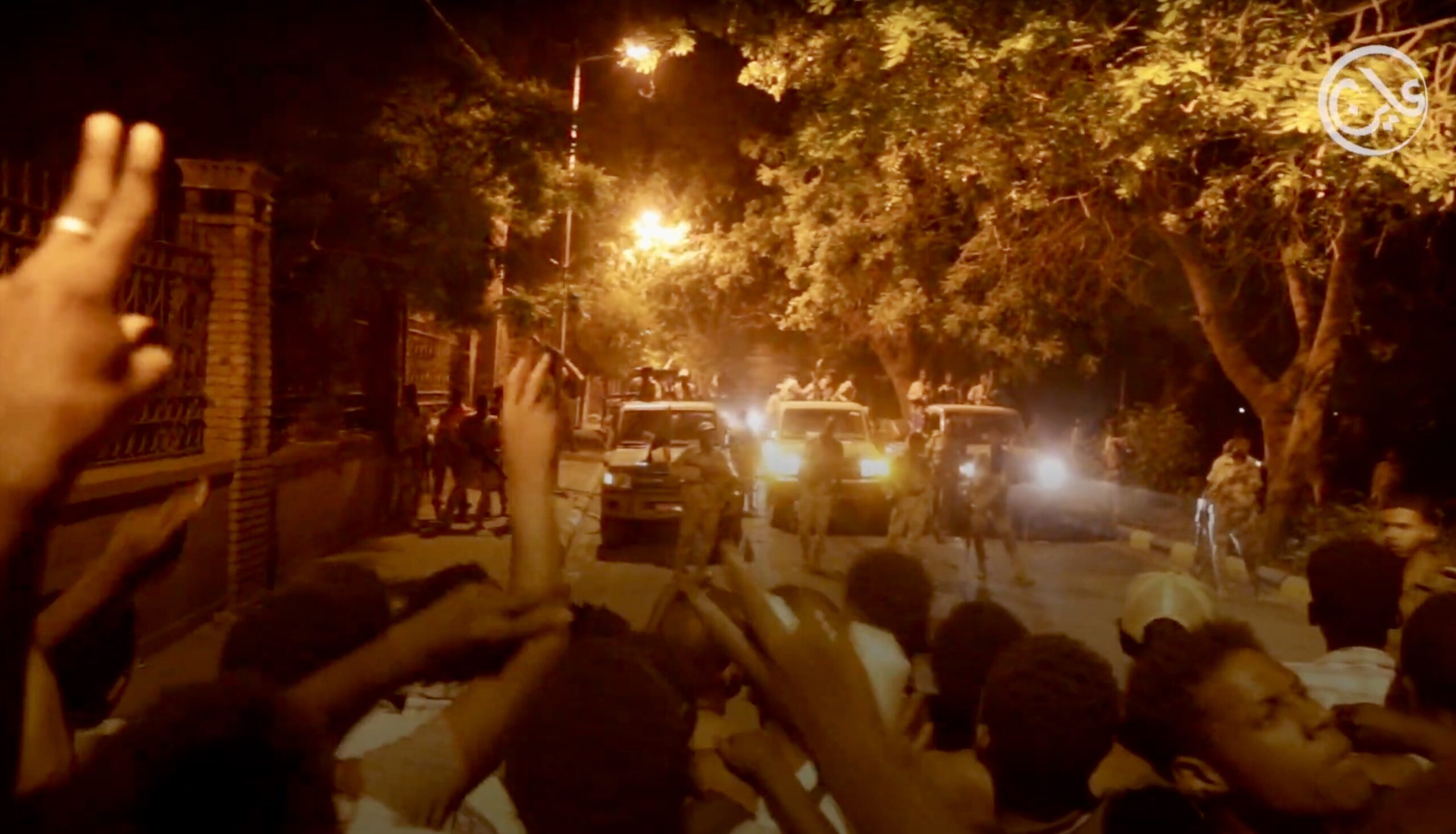
Providing the military leaders immunity from prosecution to diffuse tensions and attain a peaceful settlement to the current conflict will only lead to more cyclical violence, says Human Rights Watch (HRW) Sudan researcher Mohamed Osman. “The current conflict, as well as past events such as the attacks on protestors at the 3 June 2019 sit-in, are all living reminders why impunity only refuels cycles of violence,” Osman told Ayin.
Osman is adamant that the only way to ensure peace and a democratic transition in Sudan is to listen to the other voices, including the resistance committees, instead of focusing all negotiations with elites who seek political expediency. “There is no example in Sudan’s history or even in our region that a political shortcut overlooking justice helped build a sustainable peace,” Osman added. “Again and again, we have used the same approach. It is impossible to imagine a future where abusive leaders like Hemedti or Burhan will be comfortable allowing civilians to reform security and investigate their crimes without seeing them again jumping to the gun and wreaking havoc to derail the process.”
Political immunity for the military has always been on the cards, Osman says, even during the transitional period where a civilian government was meant to take power. Political elites and their international backers have never championed justice as an agenda, the HRW researcher said. “The political elites and international actors preferred political convenience over the principled, rights-abiding transition, only empower abusive leaders further.”
Amjad Farid, a former chief of staff in Prime Minister Hamdok’s office, believes the agreement was designed purely to serve the interests of foreign countries to secure a political future under the RSF leader, Hemedti. “This is achieved by allowing him to escape punishment, re-empower his militia institution within the Sudanese state apparatus, and then permitting him to engage in political activities leveraging his accumulated influence,” Farid told Ayin.
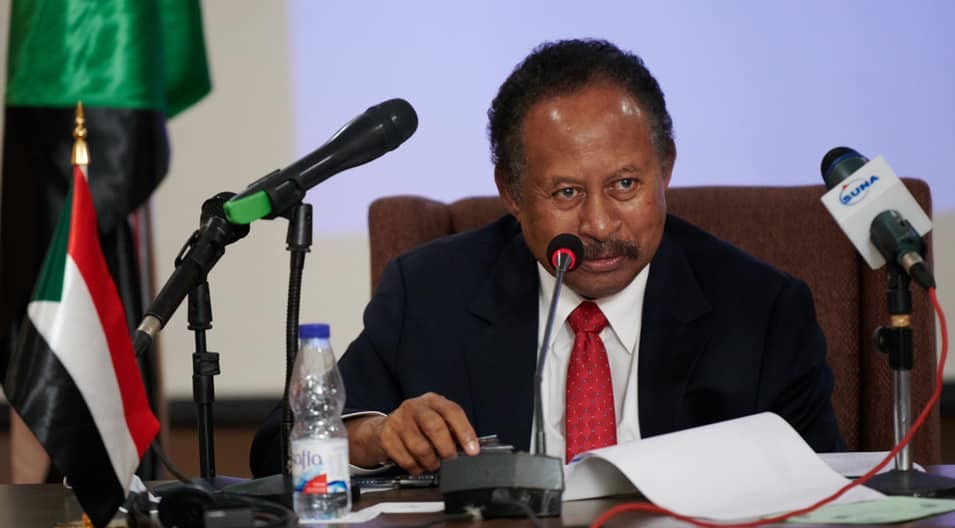
Hamdok’s denial
Dr Hamdok has flatly denied penning the document. “This leaked document was falsely and slanderously attributed to Dr Hamdok and the Sudanese Professional Association,” says Alaa Eldeen Nugud, Spokesperson for Tagaddum. “The first part of the leaked document, I believe is the outcome of the negotiations between the army and Rapid Support Forces in Manama,” the spokesperson added. “We are aware of the outcome, but we were not involved in the negotiation.”
Not all Sudanese, however, oppose the leaked deal’s offer of immunity to Burhan and Hemedti. Summaya Ahmed has been a refugee in the Kiryandongo Refugee Camp in Uganda for the past five months and she has had enough. “Whatever needs to be done to establish peace and allow us to come home should be considered, we are tired of trying to survive here,” she told Ayin. “It is ok for politicians to insist on things – they are living comfortably outside of Sudan; it is no problem for them if negotiations drag on and on. Our situation is very different and very terrible.”
Future talks
The Political Secretary of the Sudanese Congress Party, Sharif Osman, told Ayin that there are ongoing talks on both sides to push the warring parties to uphold the pledges they made –whether during the Jeddah Talks or the recent negotiations in Manama. The US Special Envoy to Sudan, Tom Perriello, said they are hoping Jeddah negotiations will resume after the Ramadan holiday. The special envoy also mentioned that there are efforts to combine all the peace initiatives in Sudan into one platform and expand participation with local and international actors. “The next round of formal talks must include everyone. But it must also involve people who are truly serious about ending the war,” Perriello said during a press conference.


